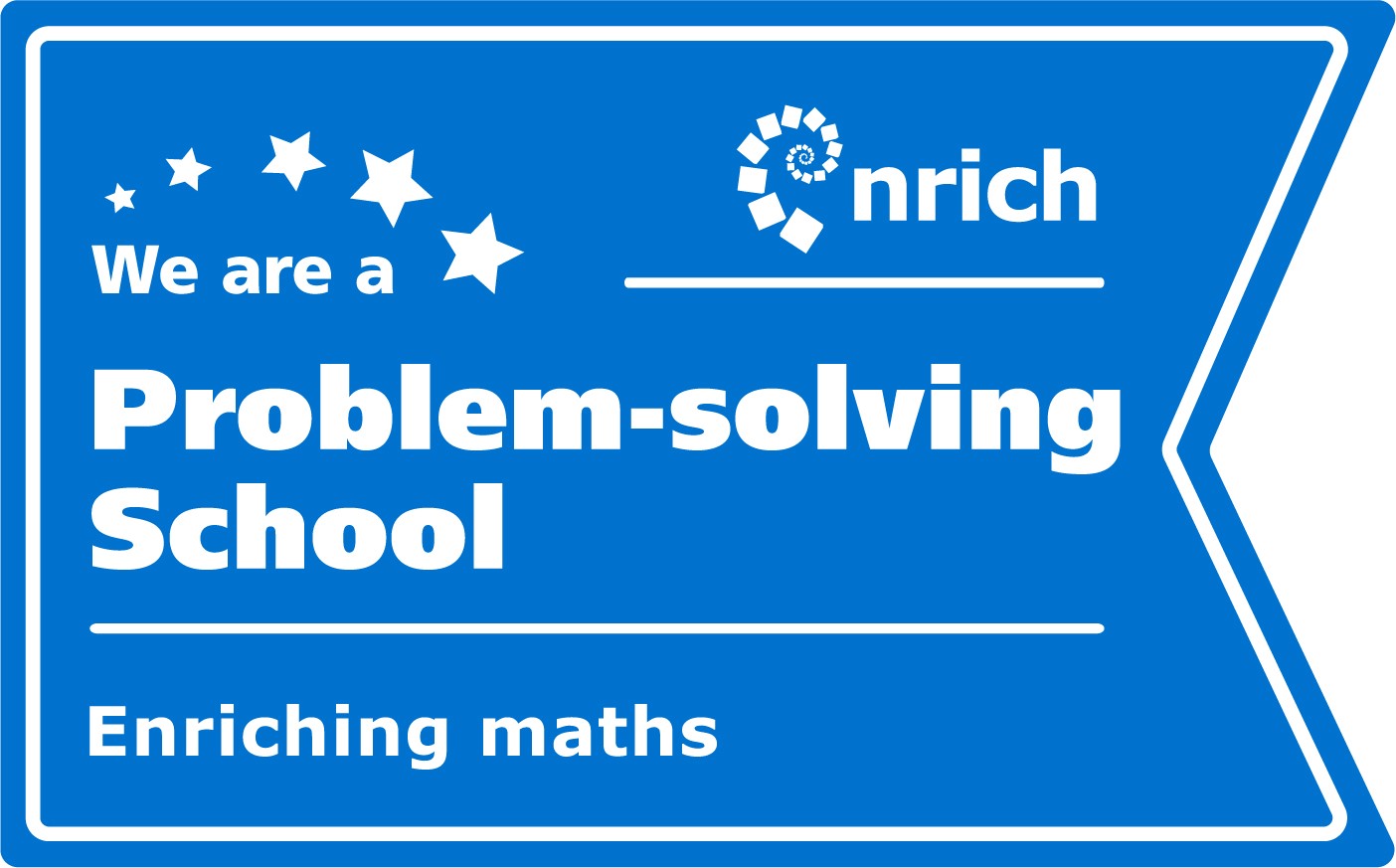Science
Overview
Our science curriculum at Lodge delivers a high-quality science education that provides the foundations for understanding the world through biology, chemistry and physics. Through building up a body of knowledge and concepts, we want all children to develop a sense of excitement and curiosity about natural phenomena.
As a result of this children:
- develop scientific knowledge and conceptual understanding through the specific disciplines of biology, chemistry and physics
- develop understanding of the nature, processes and methods of science through different types of science enquiries that help them to answer scientific questions about the world around them
- be equipped with the scientific knowledge required to understand the uses and implications of science, today and for the future
Intent Implementation
At Lodge Primary, we aspire to give children a science education that encourages them to explore and learn about their surroundings. To accomplish this, teachers design engaging, hands-on lessons that inspire curiosity and questioning in order to help learners understand concepts more thoroughly while applying scientific methods. Children are inspired to challenge the world around them and develop into independent learners by looking into potential solutions to their scientifically based inquiries.
The intention is for children to acquire and expand their scientific knowledge and vocabulary through these motivating and engaging activities. Scientific inquiry is at the core of our stimulating science curriculum. Every chance we get, we want to teach children through a variety of systematic studies that will prepare them for life's questions and answers about the world around them. These possibilities, in our opinion, will guarantee that our pupils become self-assured, lifelong learners who are able to use their knowledge and scientific inquiry skills in situations outside of the classroom.
Implementation
|
Science lessons |
At Lodge our science lessons will:
|
|
Key vocabulary and knowledge |
Children have access to the fundamental concepts, vocabulary, and ideas necessary to fully understand science and apply knowledge and skills across the curriculum. Subject specific vocabulary is explicitly taught to the children at the beginning of lessons and revisited through knowledge quizzes and investigation write ups. |
|
Working Walls |
Science working walls throughout school exemplify key knowledge, vocabulary and questions used throughout the teaching of science. The range of scientific enquiry skills are also displayed for pupils to refer to. |
|
Provision in EYFS |
Children are given a secure grounding in the Prime Areas of learning, ensuring they have a good foundation on which to build through the specific areas, including Understanding the World. |
|
Books |
Children will have constant access to a wide variety of subject specific fiction and non-fiction books, available in science lessons, other lessons and in the class reading area. |
|
Use of resources |
Where possible, we use resources for children to explore and investigate. We believe that hands on practical learning will enhance the children’s scientific knowledge, understanding and skills to work systematically. |
|
Assessment |
Class teachers assess children’s understanding using AfL through questioning in lessons. At the beginning and end of a unit, Hot and Cold assessment tasks are used alongside assessment indicators to determine whether a child is working below, at, or above age related expectations. Outcomes of assessments are then analysed to adapt pedagogy and address common misconceptions. |
|
Outdoor learning |
We recognise that children learn in a variety of ways, and so where appropriate, children will learn science outside the classroom during each scientific unit. |
|
Approaches to teaching |
A wide variety of teaching approaches are used in science lessons to ensure children make good progress, and all learning styles are catered for. Class teachers ensure there is a good balance of whole class, paired work, group work, and individual learning in science lessons. Enabling and extending factors are used to scaffold or challenge pupils. |
Impact
At Lodge, our science curriculum allows children to:
- develop confidence and competence in a broad range of practical abilities, including the initiative to plan and carry out scientific investigations
- independently reflect and ask questions about engaging in scientific activities, as well as subject specific skills and knowledge
- solve difficult issues, communicate scientific results, and provide written and spoken explanations
- develop the opportunity for scientific/critical thinking
- make links by looking back at previous knowledge
- develop creativity, inventiveness, or innovation in the use of abilities
- possess the capacity to carry out practical work in a range of settings, including fieldwork
- develop an enthusiasm and curiosity for science
We measure the impact of our science curriculum through:
- learning walks, book scrutiny and observations
- pupil conferencing across the school
- start and end of unit Hot and Cold tasks
- AfL through questioning during lessons
- Small and big lines of enquiries
- data analysis using our whole school tracking system

